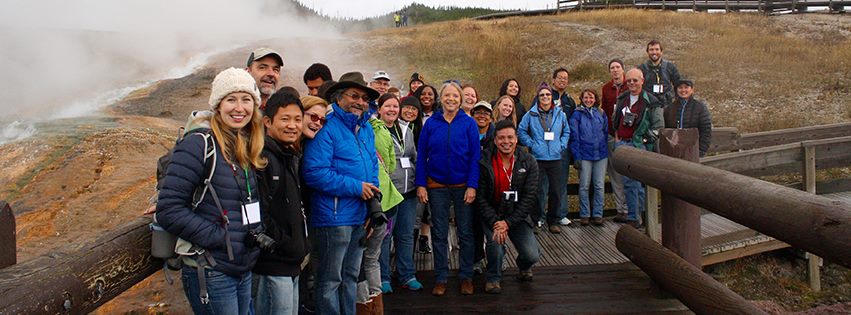Visit the Understanding Science website (http://undsci.berkeley.edu/) to learn how science really works.
The mission of Understanding Science is to provide a fun, accessible, and free resource that accurately communicates what science is and how it really works. The process of science is exciting, but standard explanations often miss its dynamic nature. Science affects us all everyday, but people often feel cut off from science. Science is an intensely human endeavor, but many portrayals gloss over the passion, curiosity, and even rivalries and pitfalls that characterize all human ventures. Understanding Science gives users an inside look at the general principles, methods, and motivations that underlie all of science.
This project has at its heart a re-engagement with science that begins with teacher preparation and ends with broader public understanding. Its immediate goals are to (1) improve teacher understanding of the nature of the scientific enterprise, (2) provide resources and strategies that encourage and enable K-16 teachers to reinforce the nature of science throughout their science teaching, and (3) provide a clear and informative reference for students and the general public that accurately portrays the scientific endeavor.
The Understanding Science site was produced by the UC Museum of Paleontology of the University of California at Berkeley, in collaboration with a diverse group of scientists and teachers, and was funded by the National Science Foundation. Understanding Science was informed and initially inspired by our work on the Understanding Evolution project, which highlighted the fact that many misconceptions regarding evolution spring from misunderstandings of the nature of science. Furthermore, research indicates that students and teachers at all grade levels have inadequate understandings of the nature and process of science, which may be traced to classrooms in which science is taught as a simple, linear, and non-generative process. This false and impoverished depiction disengages students, discourages public support, and may help explain current indications that the U.S. is losing its global edge in science. Even beyond the health of the U.S. economy, the public has a genuine need to critically assess conflicting representations of scientific evidence in the media. To do this, they need to understand the strengths, limitations, and basic methods of the enterprise that has produced those claims. Understanding Science takes an important step towards meeting these needs.
Thanks to Lisa White, and everyone at the UCMP, for making this great resource available to the public!

